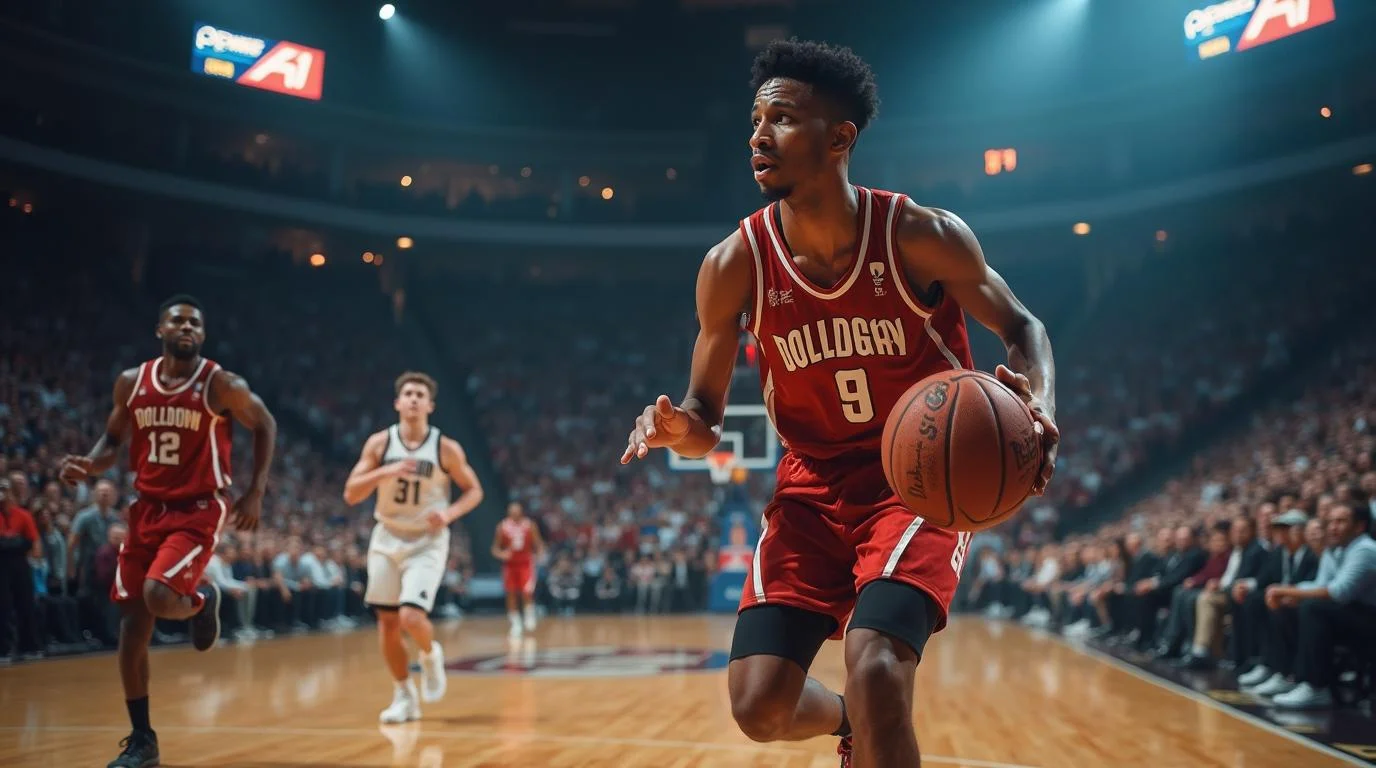Nevada Leads the Way in Sports Wagering Per-Capita at $1,815 Per Person

1.0
Default
In the world of sports betting, Nevada once again leads the charge when it comes to per capita sports wagering. In a study by Gamdom Casino, the average bettor from Nevada will bet $1,815 worth of wagers on sports - which means triple the average rate in the whole country. Nevada has beaten both New Jersey and New York, which both have national averages of $1,398 and $1,087, respectively.
In the years following the repeal of the Professional and Amateur Sports Protection Act (PASPA) in 2018, Nevada has faced increasing competition in the US sports betting market. But while the Silver State has ceded its dominance in overall handle and revenue to states like New York and New Jersey, it remains unmatched in one key metric: per-capita sports wagering.
According to a recent study conducted by Gamdom Casino, a cryptocurrency casino operator based in France, the average Nevadan is expected to wager $1,815 on sports in 2024. This figure is nearly three times the national average and places Nevada significantly ahead of other top sports betting states, including New Jersey with $1,398 and New York with $1,087.
Impressive statistics reflect Nevada's betting culture
"The figures are generally quite astounding in their scale," said Felix Romer, Gamdom founder, in a statement. "It's interesting to see which states are embracing sports betting the most. The amount of money wagered in the top few states is a shocking statistic when compared to the average American state where sports betting is legal."
Currently, 38 states along with Washington, DC have operational sports betting markets, with Missouri set to join the list in 2025. Before the Supreme Court's landmark ruling on PASPA, Nevada was the unrivaled hub of US sports betting. Despite losing ground in overall market share, its per-capita performance demonstrates the enduring appeal of sports wagering in the state.
Challenges and opportunities for growth
In regard to total sports betting revenue, Nevada is at fifth place, trailing behind New Jersey, New York, Pennsylvania, and Illinois. By handle - the total amount of money wagered - the state ranks third, outpaced by New Jersey and New York. However, its per-capita betting statistic highlights the enthusiasm and commitment of its residents and visitors to the sports betting industry.
For instance, Nevada's dominance in this category is particularly noteworthy given certain limitations that could hinder its growth. The state mandates in-person visits to casinos for registering mobile betting accounts, a policy widely regarded as cumbersome. Analysts suggest this requirement may be preventing Nevada from fully capitalizing on its market potential.
Additionally, Nevada's restriction requiring sportsbook operators to partner with in-state casinos has kept major players like DraftKings and FanDuel out of the market. These two companies, which dominate the sports betting industry in other states, could potentially drive significant growth in Nevada's handle and revenue if allowed to operate.
There's no current indication that Nevada politicians or regulators are considering eliminating the in-person registration mandate, noted Romer. However, changes in policy could open the door for increased competition and higher revenues.
The broader per-capita landscape
Beyond Nevada, New Jersey and New York also stand out as per-capita leaders in sports betting, with Massachusetts ranking fourth and Arizona fifth. Maryland, Illinois, Colorado, Kansas, and Iowa round out the top ten. Pennsylvania, a powerhouse in total handle and revenue, ranks just 19th on a per-capita basis, with an average of $484 in annual wagers per resident.
At the other end of the spectrum, South Dakota lags far behind with an annual per-capita sports betting spend of a mere $7.63. This stark contrast is attributed to the state's limited betting options, which are restricted to gaming venues and tribal casinos in Deadwood.
If Nevada eventually relaxes its regulations to allow mobile registration and welcomes national sportsbook giants like DraftKings and FanDuel, the state may have the opportunity to reclaim a larger share of the booming US sports betting industry. Until then, its position as the per-capita leader remains a testament to the state’s rich betting tradition and its unique role in the national landscape.








_800x800.webp)











